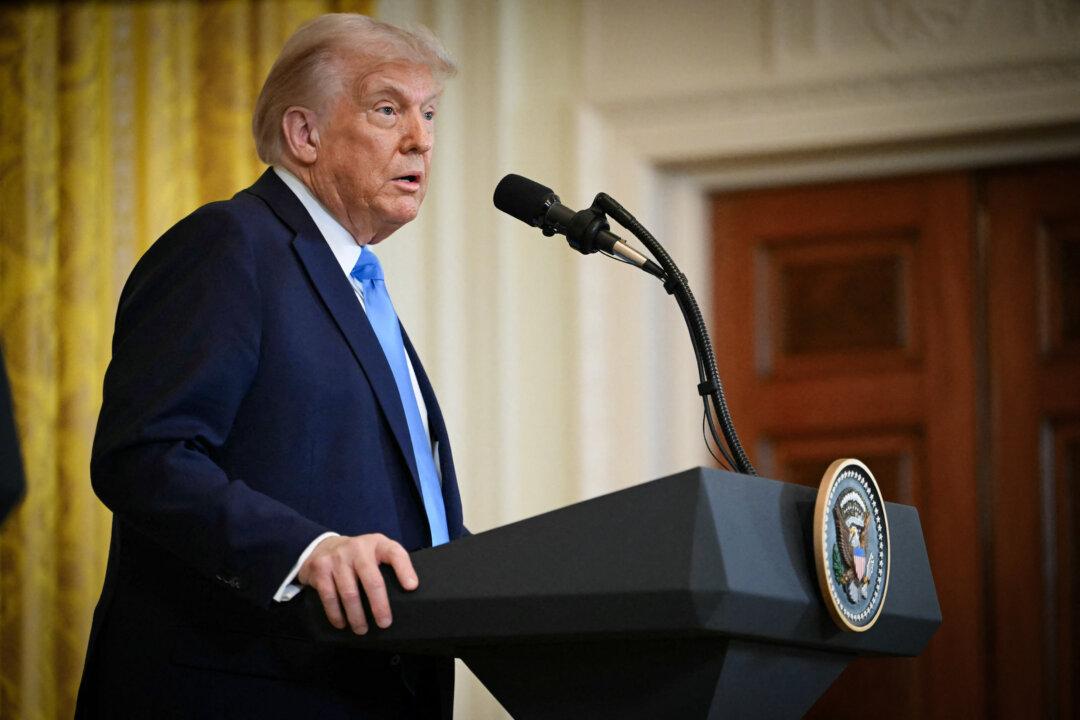President Donald Trump shook up the diplomatic world with his Feb. 4 proposal that the Gazans relocate and that the United States take over the Gaza Strip, clean it up, and redevelop it.
While many experts in Middle Eastern affairs have expressed doubt that Trump’s relocation proposal will come to pass, they agree that Trump has effectively challenged a half-century of international consensus that the so-called two-state solution—an independent Palestinian state next to an independent Jewish one—is inevitable and the only path to peace.





